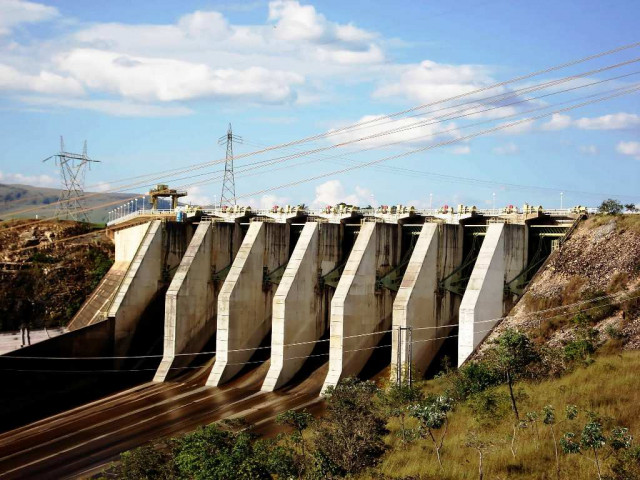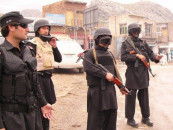Energy crisis: Hydropower in isolation not enough to address issue
Speakers at a seminar stress investment in a mix of energy sources.

Pakistan needs to invest in hydropower if it wants to address the rising concerns for food security and unemployment.
This was suggested by the Planning Commission of Pakistan Chief (Water Resources) Naseer Ahmed Gillani at a seminar organised by Pakistan-Norway Association (PANA) here on Thursday.
However, some speakers while advocating for their respective solutions, maintained that hydropower development in isolation was not the only solution. Pakistan needed to develop a mix of sources to fulfil its energy requirements.
“A cluster of bio-gas projects in villages, for instance, could replace the need for natural gas used for cooking in these areas,” said Tasneem Saeed of Hum-Qadam Foundation, which is working on bio-gas projects in different villages.
The bio-gas project is well within the scope of the idea of green economy, as it involves the use of natural fertiliser, such as cow dung or animal wastes, as fuel. Carbon dioxide emission is instantly decreased leading to less green house gas production and global warming.
It only requires a 12-feet deep and five-feet wide well, fitted with a small apparatus and pipelines. So the costs are not very high. It substitutes the use of non-renewable fossil fuels, firewood and dung cakes. So our forests may once again thrive, she said.
“Only two to three animals like cows or buffalos are required at a farm [employing a bio-gas project]. A small amount is sufficient to produce six to seven hours of continuous supply of gas and the pressure is much better than the natural gas,” said Saeed.
Prof. Emerita Iftikhar N Hassan from Fatima Jinnah Women University Rawalpindi agreed with Saeed and said that Pakistan needs a mix of hydropower, solar, nuclear and thermal energy sources to address the energy crisis.
“Solar power stations could be built at villages for their electricity requirements for instance,” said Hassan.
Gillani, in his presentation, revealed that share of coal in overall energy production in Pakistan had declined from 68 per cent in 1948 to 7.6 per cent at present. This is despite the fact that Pakistan has one of the biggest coal resources in the world.
Arve Tvede, an engineer and environmentalist specialist from Norway, currently working with Friends of Democratic Pakistan, and Hanna Mollan, social scientist and political activist from Norway, currently working with UNICEF in Sukkur, shared Norway’s experience in hydropower development. They shed light on how the Norway people got their government to care for the country’s natural environment while establishing hydropower projects.
“The Norwegian people are peaceful but they could become very emotional and passionate if you mess with the natural environment which they love,” said Mollan.
Published in The Express Tribune, September 17th, 2011.



















COMMENTS
Comments are moderated and generally will be posted if they are on-topic and not abusive.
For more information, please see our Comments FAQ